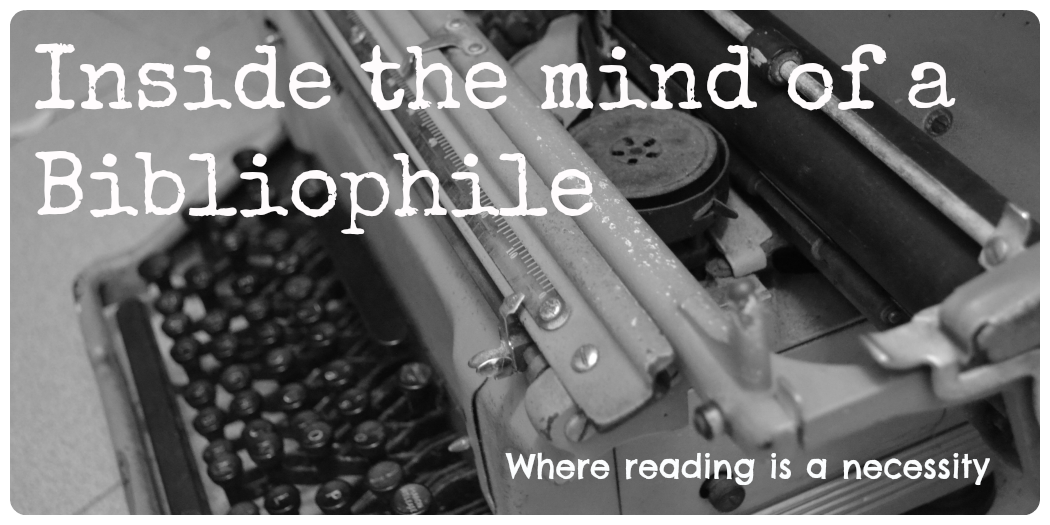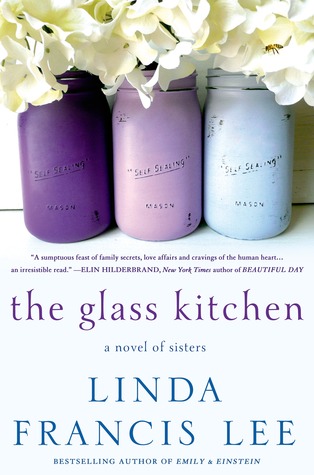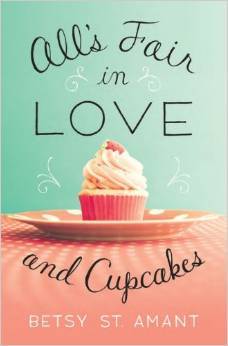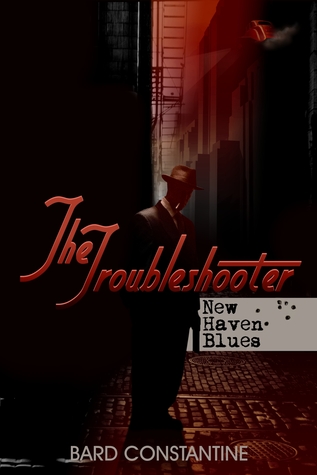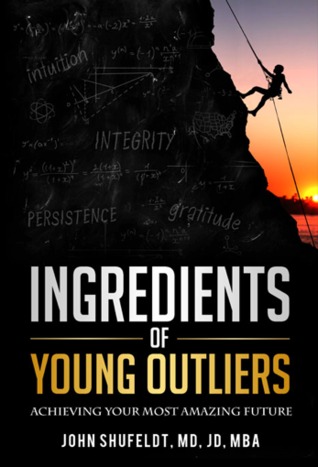 So this is the other book that I bought at the airport. It took quite a long time (other books got in the way), but I finally took the plunge and finished it! And it is an awesome book! I'm so glad that the cover caught my attention, and that I took a risk and bought it.
So this is the other book that I bought at the airport. It took quite a long time (other books got in the way), but I finally took the plunge and finished it! And it is an awesome book! I'm so glad that the cover caught my attention, and that I took a risk and bought it.The Wonderbox purports to use history to help us live our present lives to the fullest. Well, if not the fullest then a little bit better. This book covers the topics "Nurturing Relationships", "Making a Living", "Discovering the world" and "Breaking Conventions" with three chapters to each topic for a total of twelve chapters. All twelve chapters are very well-written and I enjoyed every single one of them.
Instead of talking about all the chapters, I figured that I'll just talk about three of my favourites.
One of them has got to be "Work". This chapter looks at how work is what it is and how we can/should choose our work. One particular section asks whether it is better to be a high achiever (aka a specialist) or a wide achiever (aka a polymath). I didn't realise this, but primary school teachers like my mother are actually polymaths! They have to have a good grasps of the basics of many subjects, know how to handle people, write reports, etc. They truly have many skills.
Another chapter that I particularly enjoyed was "Travel". When we travel, is it a must to go to all the tourist venues, even if we don't have an interest in certain areas? By looking at the history of travel, I understood how things like the Grand Tour (which I've always wanted to take) ended up influencing the "must-visit" spots in Europe. So what is the purpose of travel anyway? If it's to broaden the mind, then it means we should open our minds to new experiences, to meet new people when traveling. It's something that I can apply right now, as I continue to explore Fukuoka.
The third one is "Deathstyle". This chapter argues that there is a need to talk openly about death, and that only by facing death can we fully appreciate life. I really enjoyed reading how other cultures (and how the past) treated death, and I think the book makes a very valid point. If we don't acknowledge the fact that we will die, it's hard to seize the initiative to live life to the fullest.
For me, this book was an immensely enjoyable read. I'm definitely going to re-read it in the future (this time in random, or only a section at a time). The only thing that could make it better if there was a companion book that focused on how Eastern culture (Chinese, Japanese, Korean culture) was impacted by history, and how we can use it to make our lives better.*
*Note: The book does mention Eastern culture at times, but the focus of this book is definitely on Western Civilisation.
